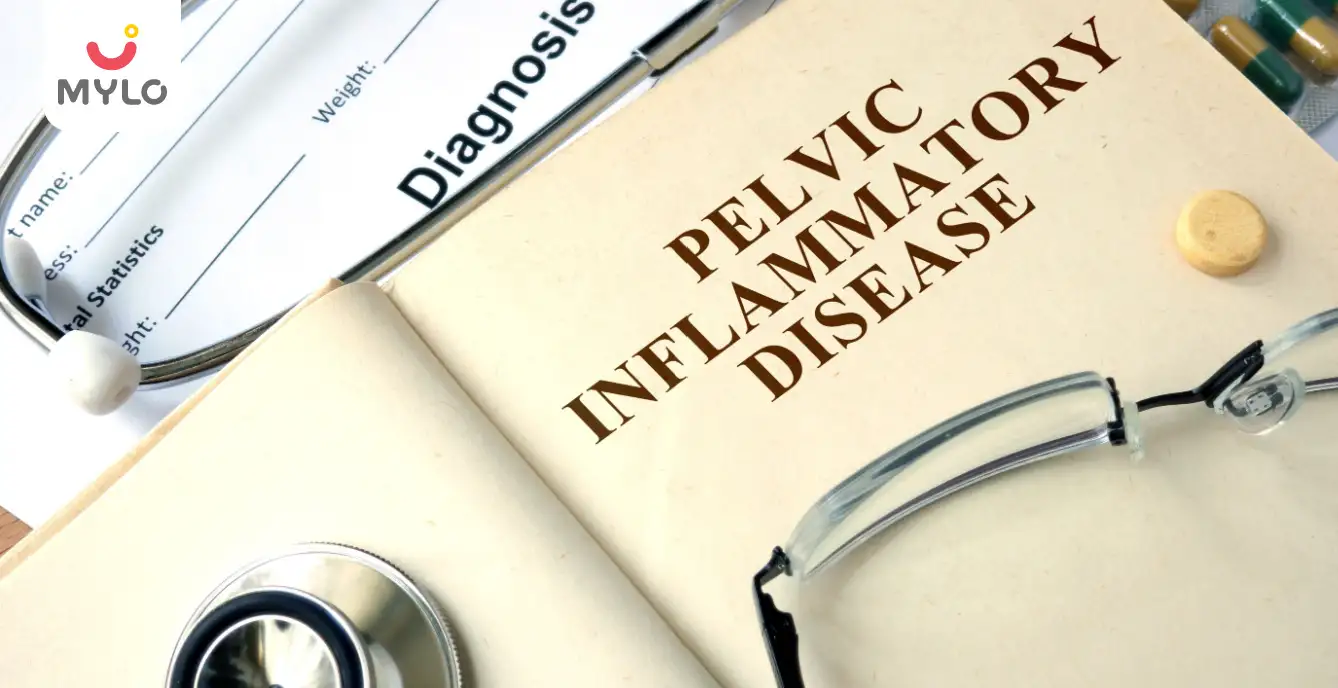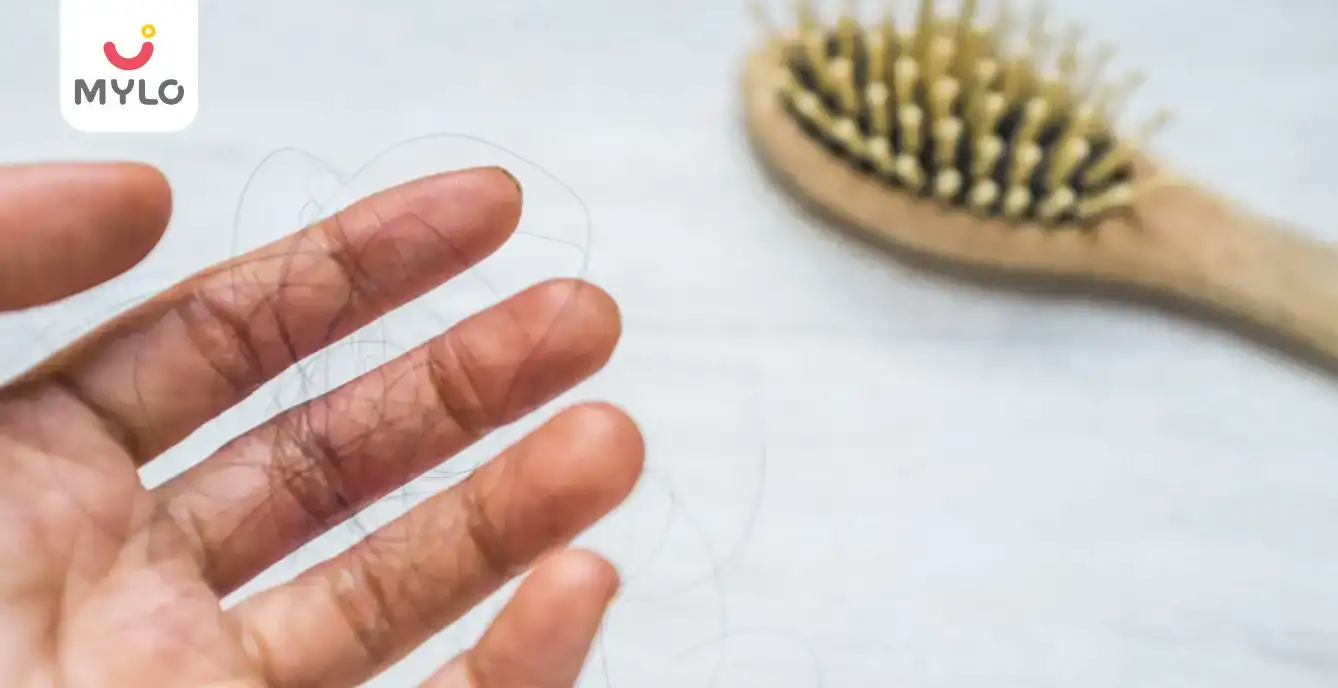Home

Love, Sex & Relationships

Dyspareunia (Painful Intercourse): Causes & Treatment
In this Article

Love, Sex & Relationships
Dyspareunia (Painful Intercourse): Causes & Treatment
Updated on 1 May 2023
Sexual intercourse should be a smooth, pleasurable ride for both partners, and not a bumpy and painful one. Yet, sometimes it can be uncomfortable or even painful. Dyspareunia meaning painful sexual intercourse is an issue that many men and women experience. And though it can be embarrassing to talk about, understanding the causes and treatments of dyspareunia can help you get back to enjoying a healthy sex life once again.
What is dyspareunia?
Dyspareunia means pain or discomfort during or after sexual intercourse. It can range from mild to sharp pain during sexually active hours.
Who is most likely to be affected by dyspareunia?
Individuals of all genders can be affected by dyspareunia. While women are more likely to experience dyspareunia, men can also be affected since it is caused by both physical and emotional conditions.
Types of dyspareunia
Dyspareunia can be categorized into two main types:
-
Superficial dyspareunia, and
-
Deep dyspareunia
Superficial dyspareunia is characterized by pain in the outer parts of the genital area during intercourse, usually caused by inflammation or irritation of the skin while deep dyspareunia is characterized by a sharp pain during sexually active female that occurs deeper inside the genital structures during or after intercourse.
What is the sensation of dyspareunia?
The condition is characterized by sharp pain after sexually active or even a burning sensation. This pain can last for a few moments or several days after intercourse.
Causes of dyspareunia
Dyspareunia, or painful intercourse, can be caused by a variety of physical and psychological factors. Physical causes may include muscle spasms or tightness of the pelvic floor muscles, endometriosis, uterine fibroids, ovarian cysts, vaginitis, pelvic inflammatory disease, urinary tract infection, and scarring from surgery or childbirth. Psychological causes may include stress, anxiety, past sexual trauma, or even, body image concerns.
It is important to note that there is no single cause for dyspareunia and that the condition often involves a combination of multiple factors.
Symptoms of dyspareunia
Dyspareunia symptoms can vary from person to person, but may include any of the following:
-
Pain or discomfort during vaginal penetration
-
Pelvic pain or cramping during or after intercourse
-
Burning pain during intercourse
Treatment of dyspareunia
Dyspareunia treatments involve a multifaceted approach. It is important to speak to your healthcare provider to discuss the best dyspareunia treatment plan. Treatment for dyspareunia, in general, involves physical therapy, medications, lifestyle changes, and psychotherapy.
Is bleeding caused by dyspareunia?
No, bleeding is not usually caused by dyspareunia. It is a condition characterized by pain during or after sexual intercourse. If you are experiencing bleeding along with dyspareunia, it may be due to other underlying conditions.
How should I approach my doctor regarding uncomfortable sex?
Explain the facts of your situation accurately, including any symptoms you are experiencing, any difficulty or discomfort you are feeling with sex, and any concerns you have. Be sure to express your desire to find a solution that works for you.
How to diagnose dyspareunia?
To diagnose dyspareunia, your doctor is likely to take note of your medical history, sexual activities, and symptoms. A physical exam may be performed, as well, including a pelvic exam and tests to rule out other conditions.
How is dyspareunia treated naturally?
Lifestyle adjustments may be made to improve sexual intimacy and exercises of the pelvic muscles may be performed to ease the area. Additionally, it may be beneficial to practice relaxation techniques such as mindfulness and deep breathing prior to sexual intercourse.
How long does dyspareunia take to recover from?
There is no one-size-fits-all answer as to how long it can take to recover. Everyone's experience is different and it depends on the underlying dyspareunia causes and the individual's response to its treatment.
Preventions to take to lower my risk of dyspareunia
There are ways to manage and lower your risk of dyspareunia. Here are a few tips to get started:
-
Practice good hygiene: Keeping your genital area clean and dry can help reduce the risk of developing dyspareunia.
-
Dress loose: Wear a breathable fabric down there and avoid extremely tight clothing.
-
Use lubrication: Using a water-based lubricant during sexual activities can help reduce friction and irritation that can lead to dyspareunia.
-
Communicate with your partner: Talking to your partner about your feelings and needs can help both of you be aware of what causes pain or discomfort.
-
Seek professional help: Contact your healthcare expert for better guidance.
When should I get in touch with my doctor?
If you are experiencing pain during intercourse that is persistent, severe, or causing you distress, it is important to contact your doctor as soon as possible.
Overall, it is important to remember that dyspareunia is not a sign of anything wrong with the person experiencing it. It is a real physical condition that demands proper medical attention. With the right care and support, you are sure to find relief and begin to enjoy sexual intimacy once again.



Written by
Roohi Kalra
Get baby's diet chart, and growth tips

Related Articles
Related Questions
Hello frnds..still no pain...doctor said head fix nhi hua hai..bt vagina me pain hai aur back pain bhi... anyone having same issues??

Kon kon c chije aisi hai jo pregnancy mei gas acidity jalan karti hain... Koi btayega plz bcz mujhe aksar khane ke baad hi samagh aata hai ki is chij se gas acidity jalan ho gyi hai. Please share your knowledge

I am 13 week pregnancy. Anyone having Storione-xt tablet. It better to have morning or night ???

Hlo to be moms....i hv a query...in my 9.5 wk i feel body joint pain like in ankle, knee, wrist, shoulder, toes....pain intensity is high...i cnt sleep....what should i do pls help....cn i cosult my doc.

Influenza and boostrix injection kisiko laga hai kya 8 month pregnancy me and q lagta hai ye plz reply me

RECENTLY PUBLISHED ARTICLES
our most recent articles

Infections in New Mom
Short Bowel Syndrome: Causes, Symptoms, and Treatment

Illnesses & Infections
Pelvic Inflammatory Disease (PID): Symptoms, Causes & Treatment

Labour & Delivery
Lightning Crotch in Pregnancy: All You Need to Know

Vaginal Discharge
Vaginal Dilator: Learn its Types & How To Use It?

Care for Baby
Infected Umbilical Cord: Symptoms, Treatment And Prevention

hair regime
Is Hair Fall Normal in Pregnancy
- Syphilis: Symptoms, Causes, Risks & Treatment
- Congenital Heart Disease: Symptoms, Causes & Treatment
- Fetal Echo Test in Pregnancy: A Diagnostic Tool for Detecting Heart Defects in the Womb
- Bedwetting (Nocturnal Enuresis): Causes, Symptoms & Treatment
- Birthmark: Types, Causes, Risks & Treatment
- Behaviour Therapy: Benefits, Types & Techniques
- How Long Does Breast Milk Last at Room Temperature?
- Thrush: Causes, Symptoms, Treatment, and More
- Childhood Asthma: Symptoms, Causes & Treatment
- Reflux in Baby: Symptoms, Causes & Treatment
- Pre Eclampsia: Meaning, Causes & Symptoms
- Baby Diarrhea: Causes, Symptoms & Treatment
- Bronchiolitis: Causes, Symptoms & Treatment
- Pelvic Pain in Pregnancy: Symptoms & Treatment


AWARDS AND RECOGNITION

Mylo wins Forbes D2C Disruptor award

Mylo wins The Economic Times Promising Brands 2022
AS SEEN IN
















- Mylo Care: Effective and science-backed personal care and wellness solutions for a joyful you.
- Mylo Baby: Science-backed, gentle and effective personal care & hygiene range for your little one.
- Mylo Community: Trusted and empathetic community of 10mn+ parents and experts.
Product Categories
baby carrier | baby soap | baby wipes | stretch marks cream | baby cream | baby shampoo | baby massage oil | baby hair oil | stretch marks oil | baby body wash | baby powder | baby lotion | diaper rash cream | newborn diapers | teether | baby kajal | baby diapers | cloth diapers |




